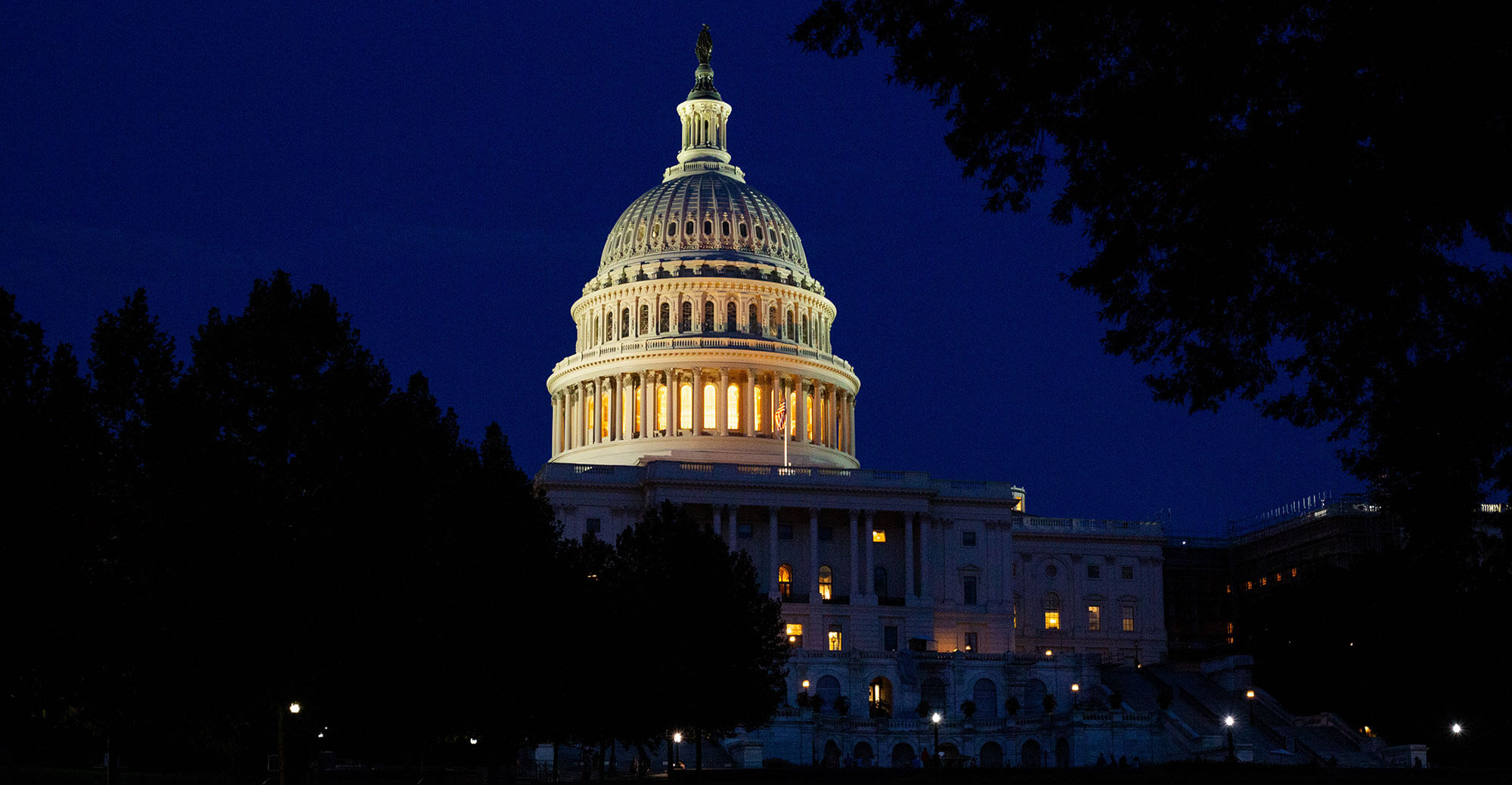Late on Monday, December 21, 2020, Congress announced they reached an agreement on a new $900 billion stimulus package. President Trump is expected to sign the act into law on Tuesday. The Act not only extends unemployment benefits and another round of PPP (Payroll Protection Program) loans, but also has many sections impacting individual taxpayers and businesses. It also includes a $1.4 trillion provision to fund the government through September 2021, avoiding another government shutdown. Here is a brief summary of the act. A more detailed summary will be available soon. Additional details related to the additional PPP Loans will also be posted to our website in the next few days.
Key Provisions for individual taxpayers:
- The new bill includes another round of economic impact payments to individuals. This round the payments are $600 per person for individuals making up to $75,000, or married couples making up to $150,000. An additional $600 payment will also be made for each qualifying child.
- Since the payments were made based on your 2019 adjusted gross income, no repayment of these funds will be required if your 2020 adjusted gross income exceeds the thresholds. Those that qualify but did not receive either payment can take a credit on their 2020 tax return.
- Another $120 billion has been allocated to provide an additional $300 per week of unemployment benefits through March 14, 2021. This was originally set to expire on December 26, 2020.
- An extension of the national eviction moratorium through January 31, 2021 and an additional $25 billion in emergency rental aid.
- To help slow the spread of the COVID-19 virus the package also includes $69 billion to help with vaccine distribution, testing and tracing measures, and other public health efforts.
- $13 billion in additional SNAP benefits to help families struggling with food insecurity.
- Clarification on the $300 above the line deduction for charitable gifts for those that do not itemize is indeed $600 for married couples filing jointly.
- The $250 educator expense will include teachers purchasing personal protection equipment (PPE).
- For taxpayers who itemize, the medical expense deduction floor has been permanently set at 7.5% instead of the 10% it was scheduled to increase to.
Key Provisions for businesses:
- One key provision is that expenses paid using PPP funds will be deductible. This clarified an oversight in the first relief package.
- Another $284 billion has been allocated for a second round of PPP loans, and $20 billion for Economic Injury Disaster Loan (EIDL) Grants to business located in low-income communities.
- The bill also included $15 billion to help live venues, independent movie theaters, and cultural institutions such as museums.
- In order to qualify for a second PPP loan, you must have less than 300 employees, used all your first PPP loan money, and one quarter of 2020 gross receipts must be at least 25% less than the same quarter in 2019. Similar to the first PPP, a certification of need is required on the loan application.
- For a first time PPP loan you must have 500 or fewer employees, and includes sole proprietors, independent contractors, not-for-profits, and churches. Food service and accommodation operators (those with an NAICS code starting with 72) must have less than 300 employees per physical location.
- These second PPP loans have a maximum of $2 million, and the sum of your first and second loan cannot exceed $10 million.
- Second loans under $150,000 can use the simplified PPP loan application.
- The Medicare physician fee schedule was temporarily increased by 3.75% to help health care providers.
- This new act also clarified that Schedule F farmers do qualify for a PPP loan.
- Additional expenses counting toward loan forgiveness now include costs associated with adapting the business to working remotely and to cover damages from rioting and protests that are not covered by insurance.
- HSA and Dependent Care FSA plans can be carried over to 2021, which is helpful to families whose daycare closed and therefore did not spend the funds as expected.
- Business meals and beverages are now eligible for 100% deductibility for 2021 and 2022 if provided by a restaurant.
More information will be presented as it becomes available.
?
